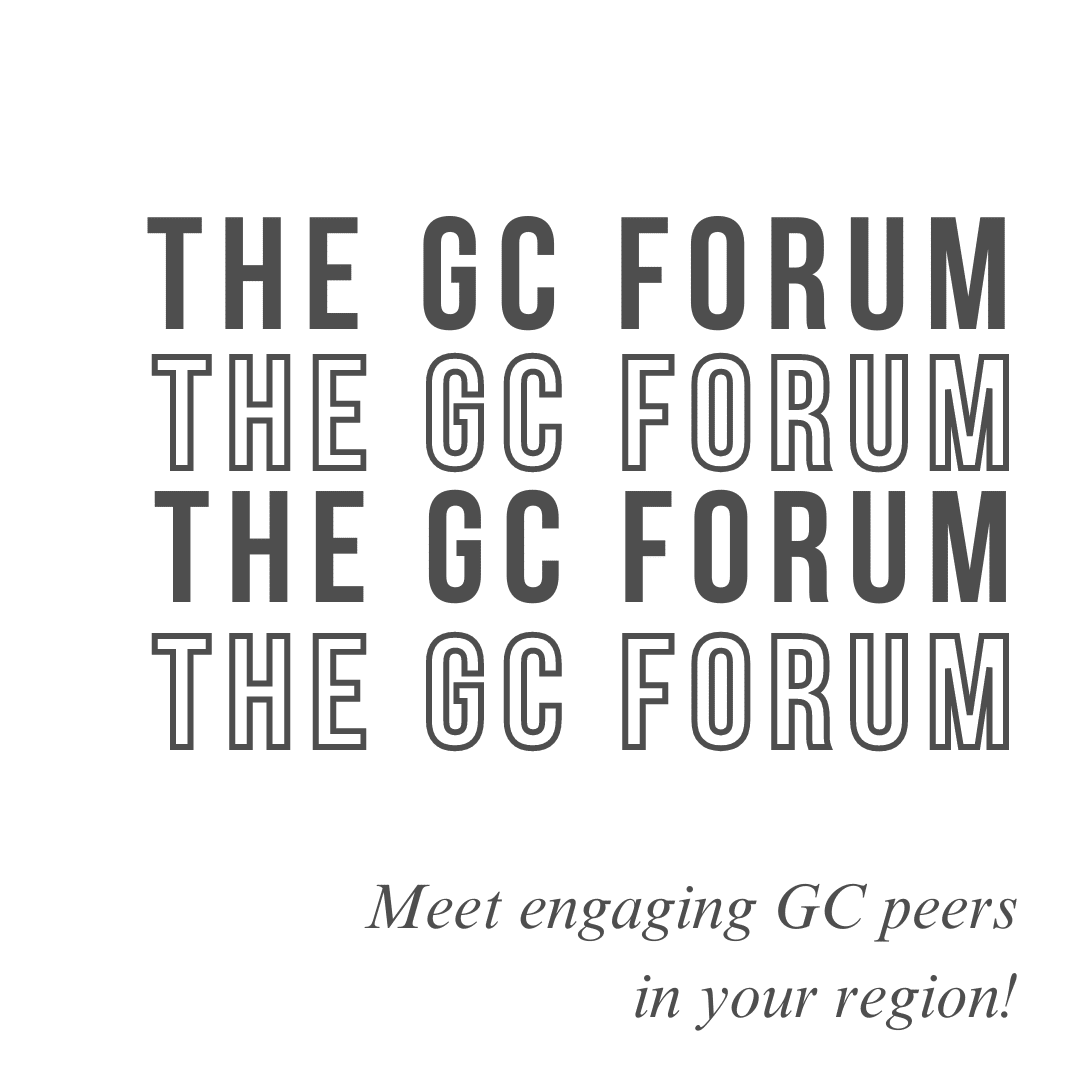Confidential information is critical to the operation of your company, and keeping proprietary information safe from competitors requires the implementation of various forms and procedures. The two most common ways to do that are through a confidentiality agreement or a non-disclosure agreement (NDA). While both may have the same purpose and intent, they contain fundamental differences you must consider before deciding whether you should utilize a confidentiality agreement vs. an NDA.
Key Takeaways:
- Knowing how to use a confidential agreement vs. an NDA can protect your company against information breaches.
- The appropriate use of the document depends on the purpose and relationship between your business and the other party or parties.
- Legal contracts can safeguard your company against a person or persons who reveal secrets.
- Other contracts can include confidentiality or non-disclosure clauses.
Understanding your company’s options when it comes to protecting your confidential information can mean the difference between having an enforceable contract or not should a party reveal company secrets.
Confidentiality Agreement vs. NDA: Which Works for Your Purpose?
Above all else, you want to maintain a level of privacy when interacting with employees, vendors, contract workers, and any third party with whom you have to establish a business relationship. You will need to exchange confidential information regularly to keep your company running smoothly, so learning how to utilize documents to protect your business appropriately is critical.

Confidentiality Agreement
Your company does not exist in a bubble, so you need to interact in many ways with other people and businesses. Since all businesses have proprietary information to safeguard, such as the inner workings of a process or financial intricacies, it stands to reason that everyone you do business with also needs to protect themselves. This is the kind of information that calls for a confidentiality agreement.
A confidentiality agreement is appropriate when you enter into a mutual arrangement with another company or group and share information to conduct some element of your business. It is a mutually beneficial relationship that may include supply and demand. Regardless, there is an expectation that both parties have a measure of sensitive information they want to protect. A confidentiality agreement can protect all involved if you share company information with them and vice versa.
For example, suppose your business needs a tech company to create software to automate or improve a process. In that case, you and the tech company will need to funnel some proprietary information back and forth to accomplish the desired result. Simply put, a confidentiality agreement works best when all parties expose secrets during the ordinary course of business.

Non-Disclosure Agreement
When employees are free to execute their respective jobs, your company’s success grows. To do this, your workers likely need access to some confidential information. How do you safeguard your business from employees?
Under the terms of an employment contract, you can require employees to sign a non-disclosure agreement or NDA. A unilateral agreement such as an NDA is the most effective form of protection when only one party has secrets it is sharing with another. It sets up the expectation that the person signing the NDA understands there is a measure of confidentiality to the information they will learn during their employment with your company.
NDAs can also work when you want to keep a specific event a secret. For instance, if you have an offsite excursion to give individuals a factory tour, you may have each person attending sign an NDA to indicate that they will not reveal anything about the location or were even attending.
Ensure a Confidentiality Agreement or NDA Is Enforceable
Key elements make both a confidentiality agreement and an NDA enforceable.
- The information must be confidential
- The business will suffer if the information gets disseminated
- The contract must specify the confidential information
- The information is not illegal or requiring a party to do something illegal
A party to the agreement cannot feel coerced or forced into signing the document, especially if it intends to cover up illegal activity. While there are times when the resolution of a legal action includes the parties signing a confidentiality agreement or NDA, your company cannot utilize it to silence someone who intends to bring legal action against the company.
Consequences When a Party Breaks an Agreement
Once you decide whether you need a confidentiality agreement vs. an NDA, you must decide the repercussions for breaking the clause or agreement. If you create a separate document, it should spell out the consequences should the other party share the proprietary information. If the terms of a confidentiality or non-disclosure clause are part of a larger contract, the breach section for the whole agreement applies to any part the other party breaks.
Common claims that lead to a breach include:
- Copyright infringement
- Trademark misappropriation
- Breach of fiduciary duty
When a party breaks a contract or agreement, you have the right to file a lawsuit to obtain compensatory damages. The court levies this monetary judgment when it finds that a party has broken the terms of the NDA or confidentiality agreement. This is a large part of why the specific language used in the document is crucial to ensure that your company remains protected and can enforce the terms should a breach occur.
Let Us Help You Decide Whether You Need a Confidentiality Agreement vs. an NDA
You need to remain diligent to ensure that your company remains protected from people who might try to capitalize on the products and processes you have created. Fortunately, you do not have to do it alone. The team at Exigent has the know-how and processes to create the contract terms and conditions that apply to every situation. Contact us today for more information.
Need a little more support in your legal transformation journey? Join the GC Forum
 What is the GC Forum?
What is the GC Forum?
The GC Forum is a peer-to-peer community exclusive to corporate legal on legal transformation best-practices.
Hear war stories, successes, and tales of radical leadership to achieving legal transformation from GCs around the globe.
Join your region to get insights and contribute yours during closed-door GC Forum virtual roundtable sessions, workshops, and quarterly in-person conferences and social events.
To become a member register below….
Upcoming Events
| GC Forum USA: 9 Nov, 11am EST |
|---|
 |
| Navigating the ESG Horizon: What’s Next for GCs |
| Guest Speaker: Christine Uri, Advisor to In-House Legal Team on ESG, Fr. Chief Legal Officer, Top 100 Leader in Sustainability |
| RSVP Here |
| GC Forum APAC: 30 Nov, 9am AEST |
|---|
 |
| Setting the Stage for AI in Your Legal Department: How to Prepare, Launch and Integrate the Use of AI into Your Workflows |
| Guest Speaker: Nina Stamell, GC of MyHealth.net.au |
| RSVP Here |
| GC Forum AUS / APAC: 15th Feb, 8am-9am AEST |
|---|
 |
| The T-Shaped Team Framework: Why the T-Shaped Lawyer vision offers a game-changing new direction for your department |
| Featured Speaker: Peter Connor, 20 Years General Counsel Experience, Author, Speaker, Coach, Founder and CEO of Alternatively Legal |
| RSVP Here |
About the Author:
Exigent delivers scale, expertise, and insights that generate bigger returns for CLM – Contract Lifecycle Management, Legal Spend Management, e-Billing, Due Diligence, Document Review, eDiscovery and Litigation Support, Commercial Services, Regulatory & Compliance, Outsourced Legal Administration, and Legal Tech Design.
Follow us on LinkedIn and Twitter to transform the way you do legal.
















